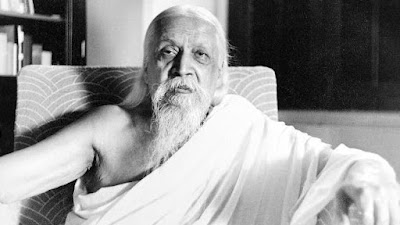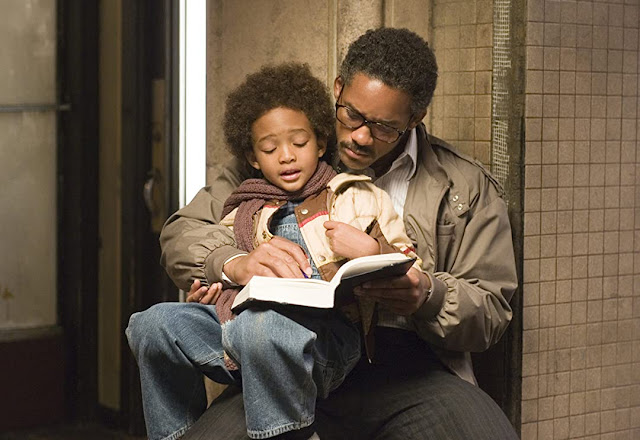Principles of Sir Aurobindo Ghose and Rousseau For Children Education
Principles of Sir Aurobindo Ghose and Rousseau For Children Education
Sir Aurobindo Ghose Principles
Philosopher Sir Aurobindo Ghose has contributed a lot to us which can help us to understand children. Sir Aurobindo Ghose gave us five personality domains which are mental, vital, physical, psychic, and spiritual. With this he also gave some principles of education.
i) Nothing can be taught - Here he explains all knowledge is already within us and we just need to evoke it with the help of education. So in this principle the teachers work is completely different. The teacher is just a guide who will help the children. In simple terms he does not spoon feed, instead he will make the children capable enough to acquire knowledge.
ii) Consult the mind in its growth - Everyone is perfect in some way, it is also said as everyone has their own Swadharma. Education is a tool which can help a young child to find what he or she is good at and develop it. So in this principle the mentor, parent, or teacher should not burden their children with their personal desires. If we try to disturb the true nature of a child it can be devastating.
iii) From near to far - Here the teacher is suppose to understand the background of the child. And accordingly need to be taught. The teacher is not supposed to pull the child out of his or her comfort zone. In case a teacher wants to have their children something from outside it should not be forced onto the child. Natural growth with independence is necessary for a good healthy growth of mind and skills.
All these 3 principle are still relevant to all the teachers. No matter how the world evolves the mind set and natural behavior of human life still remains the same. Every child has something unique of his own, every child wants to have his choice.
Rousseau's Principles
Rousseau who was a incredible educator has also provided us with some principles which are relevant in today's date. Rousseau has provided us with Naturalism Philosophy. Just like the name Rousseau believed to give children independence rather than forcing views and desires on them.
i) The first stage is about infancy. The time period from birth to being 2 years old bothers parents about their child's senses and body health. He wants the child to do what his natural instincts tell him to do. Letting the child play with games which are physical demanding is great for a good and rapid growth.
ii) Age of nature - This stage refers to children from 2-12 years. No verbal or moral lessons are taught to the child in this age period. Here Rousseau gave us one of the most important principal of Do not save time, but lose it. He tells children should play games and sports like long jump, high jump, some weight lifting. And some other math and estimation processes.
iii) Pre - adolescence - This stage is for 12-15 years of age children. Here the child is capable enough to develop his own personality and understand things. The child should be provided with materials as per his needs and interests. And education should be given by analyzing his experience. 12-13 age is where children are more physically capable then they need to be.
iv) Puberty - this stage is for 15-20 year age group. This age helps child to develop moral, social, and emotional development. Visiting hospitals or prison will help the child to develop social sensitivity.
v) adulthood - this stage is for 20-25 age group. Here the child will learn love and society. This stage the child will use his learning.
This principals are also relevant in today's date. The way children develop in stages and how education can help in that is used even today. How children are different from adults helps to understand what they need.




Comments
Post a Comment